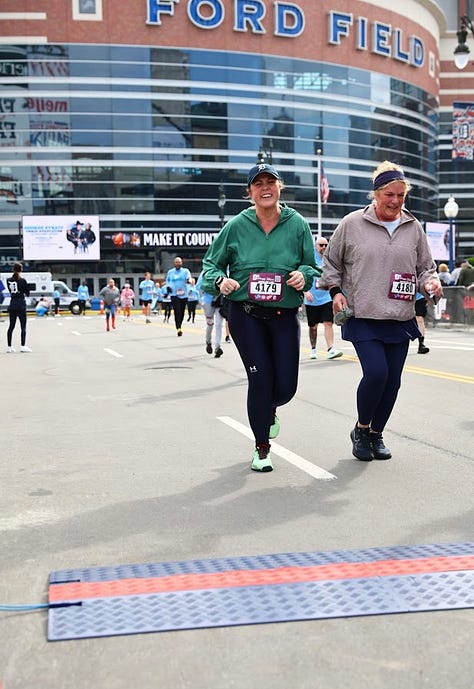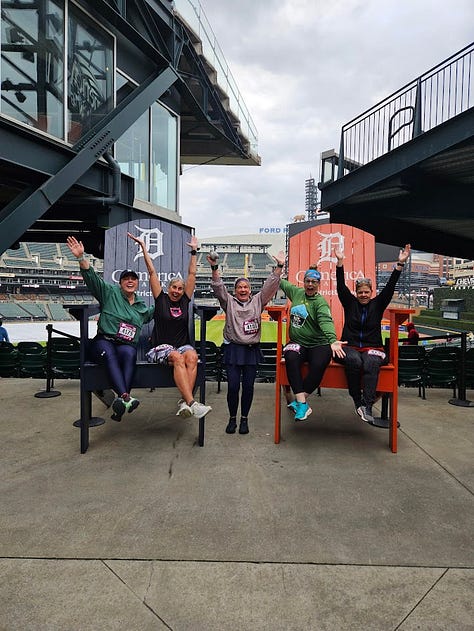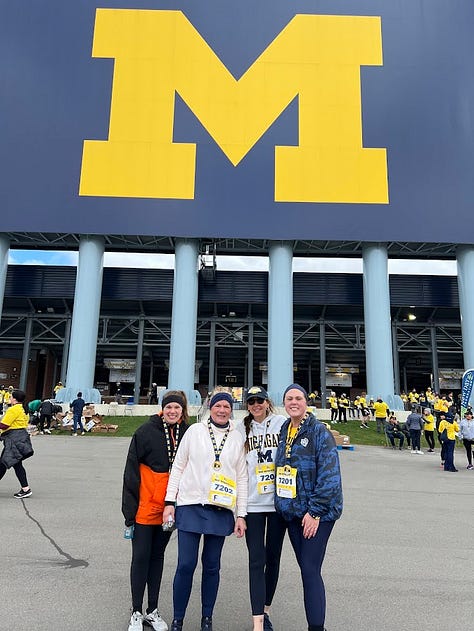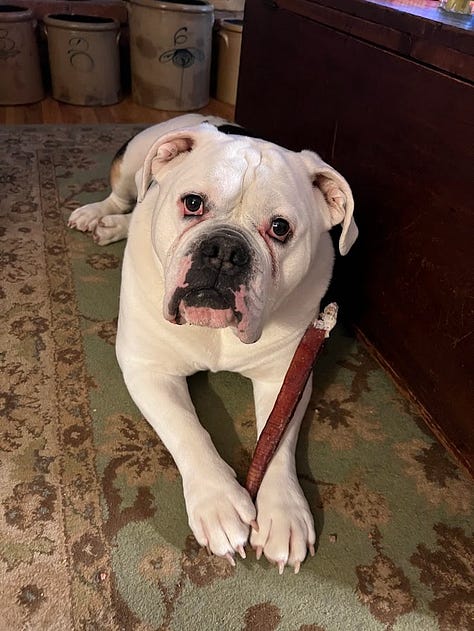Lately I have been more attentive to the ways that patients navigate their self-esteem, self-worth, and self-concept, all of which are challenged during a hospital stay. During a health crisis, the ability to advocate for oneself becomes crucial, often influenced by their belief or lack thereof in their own goodness, worthiness, and lovability. When a patient’s self-love is a challenge, my hope is for their inner critics to transform into supports. Perhaps this is akin to what Jesus intended with his words, “Love your enemies” suggesting that adversaries can exist not only externally but within oneself, too.
Last week I met Nick*, a 19-year-old navigating psychiatric challenges. Throughout his life, he has been in and out of the hospital. Most recently, he described a traumatic incident where he was assaulted by a family member, leading to his hospitalization. He expressed feeling betrayed by every significant person in his life, with only God being his pillar of support. During our interactions, he played rap music and reflected on how the lyrics resonated with his experiences, likening his life to being engulfed in flames and crumbling: “You left me alone with fire in my lungs / You just left me to burn / I don’t know where I should turn.” Despite his outward temper and aggression, delving into Nick's heart revealed that this was merely a defensive mechanism shielding his deepest vulnerabilities.
After my initial encounter with Nick, his nurse got in touch with me the next day. He mentioned, "Nick will be moved to a psychiatric facility in another part of the state. It would be beneficial if you could be there when we share this news." When I entered the room, I noticed security close by as Nick appeared visibly upset in front of his medical team. Feeling anger, fear, and confusion about leaving the hospital where he felt supported, Nick displayed aggression and then fell to the floor, rocking back and forth. As the medical team slowly left, his nurse and I stayed behind, offering comforting embraces to this young man facing an uncertain future. He expressed self-loathing, stating, "I hate myself. Why am I going through this? Why did everyone abandon me?" During our conversation, he opened up, admitting, "I feel like a bad person just trying to do good." When I mentioned his inherent value, dignity, and worth, he broke down in tears. In Nick, I observed an internal battle against self-hatred and self-doubt, yet I saw a young man deserving and easy to love.
I assisted Nick in packing his things. While organizing his backpack, I came across a pin with the Michigan "M" logo on it. Nick mentioned that the pin was a gift from the nurse years ago. Together, that same nurse and I escorted Nick to the ambulance that would take him to his new hospital. As the ambulance doors shut, I noticed the nurse had tears in his eyes. He expressed, "I love that kid." Sensing the moment was right, I inquired about the significance of the pin. The nurse shared, "Years back, Nick asked me about the pin, and I explained that it symbolized recognition for making a positive impact. Nick doubted his ability to make a difference, so I gave him the pin and reassured him that he had made a difference to me." Amidst Nick's hurried packing, consumed by uncertainty about returning home, he held onto that pin. Reflecting on this, I felt awe and the nurse’s gesture reminded me of the importance of acknowledging someone's potential to create a positive impact.
Nick made a difference in my life, too. Spending time with a slightly awkward 19-year-old, teetering on the edge of adulthood but not entirely independent, brought me a sense of comfort. This familiarity stems from my experiences of ministering to 19-year-olds in college prior to my chaplaincy journey. I reflect on the many students I had the privilege to support, including those grappling with mental health challenges. I recall their courage in seeking assistance, opening up about their experiences, and acknowledging their vulnerabilities. From them, I learned the art of listening, providing support, and simply being present. Like Nick, they often shared profound lyrics that resonated with their emotions, told stories about their relationships and experiences, and pondered questions to deepen awareness of Self and God. My past interactions with them guided me in supporting Nick. Their influence endures within me, just as Nick’s story has left a lasting impression on me. In this spirit, poet Maggie Rogers’s words resonate:
“How I picture it: We are all nesting dolls, carrying the earlier interactions of ourselves inside. We carry the past inside us. We take ourselves – all of ourselves – wherever we go. Inside forty-something me is the woman I was in my thirties, the woman I was in my twenties, the teenager I was, the child I was…I still carry these versions of myself. It’s a kind of reincarnation without death: all these different lives we get to live in this one body, as ourselves.”
Reflecting on the interconnectedness of our past selves and present experiences, encounters like Nick’s have opened my heart and imagination to a broader understanding of God. My prayer life has expanded as I pray for those who are teaching me to love more deeply. The metaphor of nesting dolls helps me to embrace a compassionate view of our evolving selves and to also witness growth and evolution in others. Embracing the lessons learned from Nick, I continue to pray for his strength and transformation, acknowledging the profound impact of love and belief that making a difference in the lives of others is possible.
*Identifying details have been changed to protect privacy and honor confidentiality.












Powerful reflection on your encounter with Nick, Liz. You made a difference! ❤️ Judy